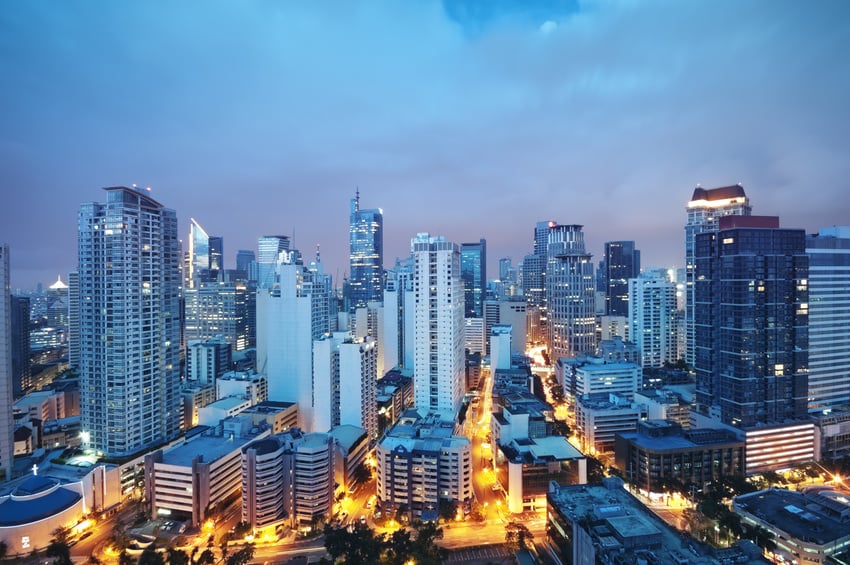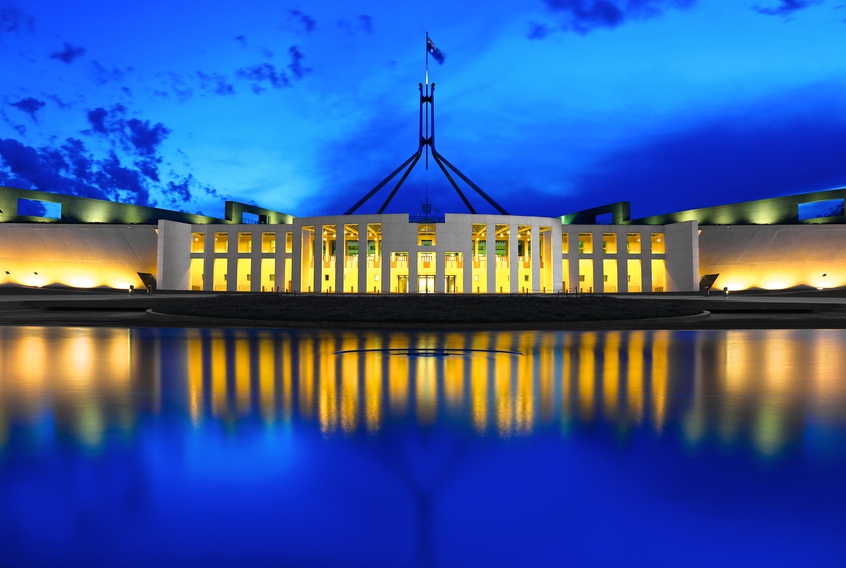In brief
On 9 December 2020, the Supreme Court issued Administrative Matter No. 20-12-01-SC (“VC Guidelines“). Among others, the VC Guidelines allow non-resident foreign nationals to participate or testify in a case before a Philippine court, through videoconferencing (VC) conducted from a Philippine embassy or consulate. This is done via a motion filed by the requesting party, a court order approving the same, and permission from the Philippine embassy or consulate to use its facilities for VC.
While the VC Guidelines took effect on 16 January 2021, the Supreme Court postponed the effectivity of this procedure until 30 June 2021, to give the Department of Foreign Affairs (DFA) time to formulate the guidelines to be followed by Philippine embassies/consulates in the conduct of VC hearings abroad. The DFA has yet to issue such guidelines, but the 30 June 2021 implementation date by the Supreme Court remains. We will update this alert, as may be necessary.
Contents
Why this is relevant to you
The VC Guidelines provide litigants an opportunity to better present their case by providing means to present evidence, which are otherwise too tedious or too costly to present due to distance/logistical considerations. It also allows cases to proceed, despite health and safety considerations brought about by the pandemic.
Salient points
Aside from giving non-resident foreign nationals the opportunity to testify through VC, the VC Guidelines generally govern the conduct of VC in all cases before trial courts, the Sandiganbayan, the Court of Appeals, and the Court of Tax Appeals. Some of its salient points are discussed below.
- The guiding principle by which participation/testimony through VC may be allowed is “when, based on the attending circumstances, the court finds that the conduct of VC will be beneficial to the fair, speedy, and efficient administration of justice.” Examples of these instances are:
- Acts of God and officially declared public emergencies;
- Inability of a litigant, witness or counsel to physically appear due to security risks, and serious health reasons;
- Detainees;
- Government agency witness who cannot attend in-court hearings for justifiable grounds;
- Where the litigants/witnesses are overseas Filipino workers, Filipinos residing abroad or temporarily outside the Philippines, or non-resident foreign nationals who, while in the Philippines, were involved in any action pending before any court, and would like to appear and/or testify remotely from overseas; or
- When based on the sound judgment of the court, there are compelling reasons that justify the resort to VC and other circumstances or grounds that may be declared by the Supreme Court as sufficient to justify the conduct of VC.
- VC hearings may be fully remote (where none of the participants appear in court) or partially remote (where at least one of the participants appear in court).
- VC hearings based on security/health risks involving government agency witnesses and overseas litigants/witnesses require the filing of a motion, which should be served on the other party at least 10 calendar days before the hearing date. Among others, the motion should include evidence to support the grounds being invoked.
- If the motion for VC hearing involves overseas litigants/witnesses, the VC hearing may only be conducted from a Philippine embassy or consulate. The court should furnish the said embassy or consulate with the order allowing the VC hearing, and the said embassy or consulate should permit the use of its facilities for VC. When the assistance of an interpreter is necessary, the litigants should also secure the services of the official interpreter of the Philippine embassy or consulate. As earlier mentioned, the DFA has yet to come up with guidelines on how the VC hearings will be implemented by Philippine embassies/consulates.
- Links to the VC hearings will be sent to the participants’ email addresses at least 24 hours before the hearing. VC hearings will be conducted using only the software authorized and provided by the Supreme Court. The court shall ensure that there are no technical issues at least 1 day before the scheduled VC hearing.
- Any individual who wishes to attend a VC hearing other than the litigants can send a request to the court at least three days before the scheduled hearing. However, the court may exclude the public when circumstances warrant.
- At the start of the VC hearing, the court will require participants in remote locations to pan their cameras across the room to demonstrate that they are alone, that the windows and doors are closed, and that there are no unauthorized means of communication available to them.
- Documentary evidence may be presented on-screen. The court will provide means to share and view documents and affidavits for the purposes of marking, authenticating and presenting them. On the other hand, object evidence may be displayed on the screen, or physically shown to the witness testifying thereto at their location within full view of the participants. Should the marking, exhibition, examination or viewing of the evidence be rendered impossible, insufficient or difficult by the limitations of the platform or for some other reason, in-court hearings may instead be ordered.
Actions to consider
Clients with planned or ongoing cases can consider presenting their witnesses through VC hearings and consider this when planning litigation schedules and costs.
We will continue to monitor further guidelines from the DFA and update this alert as necessary.
Clients should continue to bear in mind that their planned and ongoing cases will need to comply with the Revised Rules of Civil Procedure and Evidence, which took effect on 1 May 2020, and other issuances of the Supreme Court. Our article on the Revised Rules may be accessed here.





